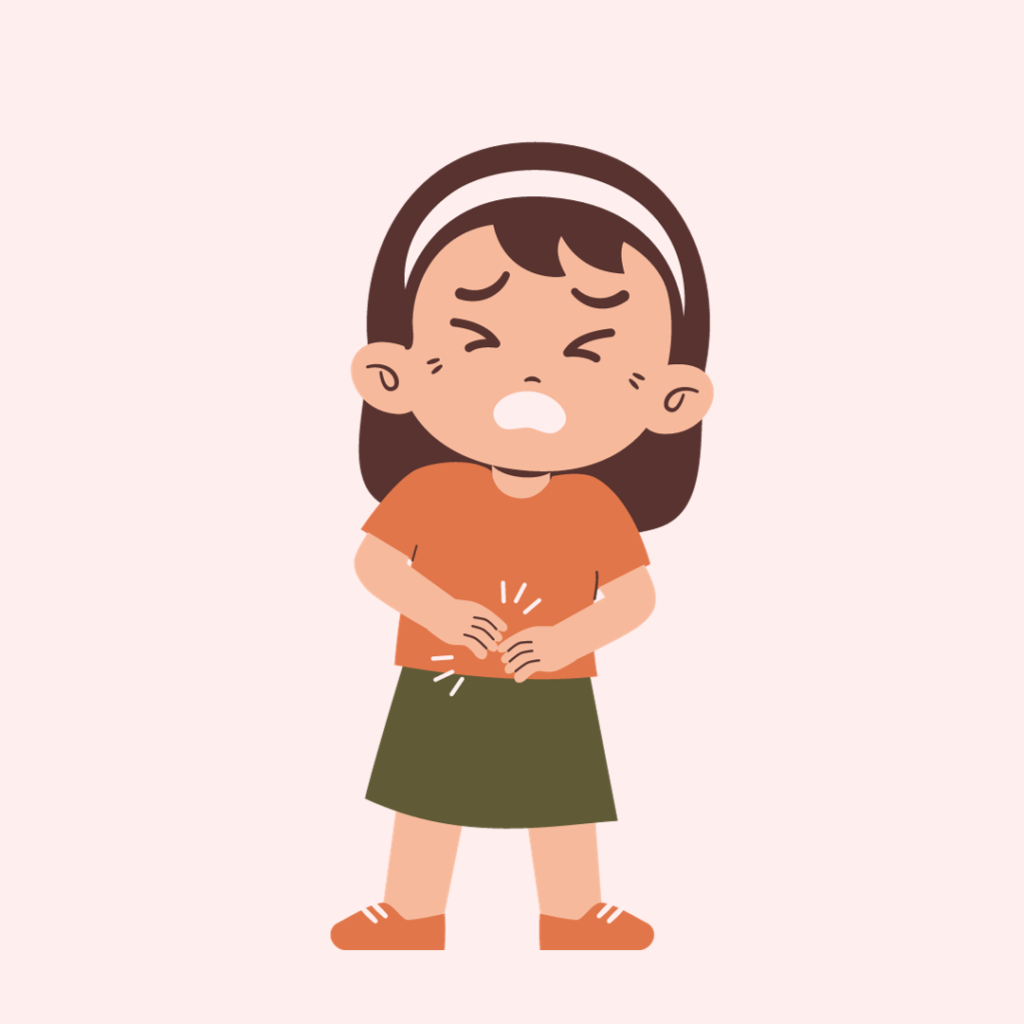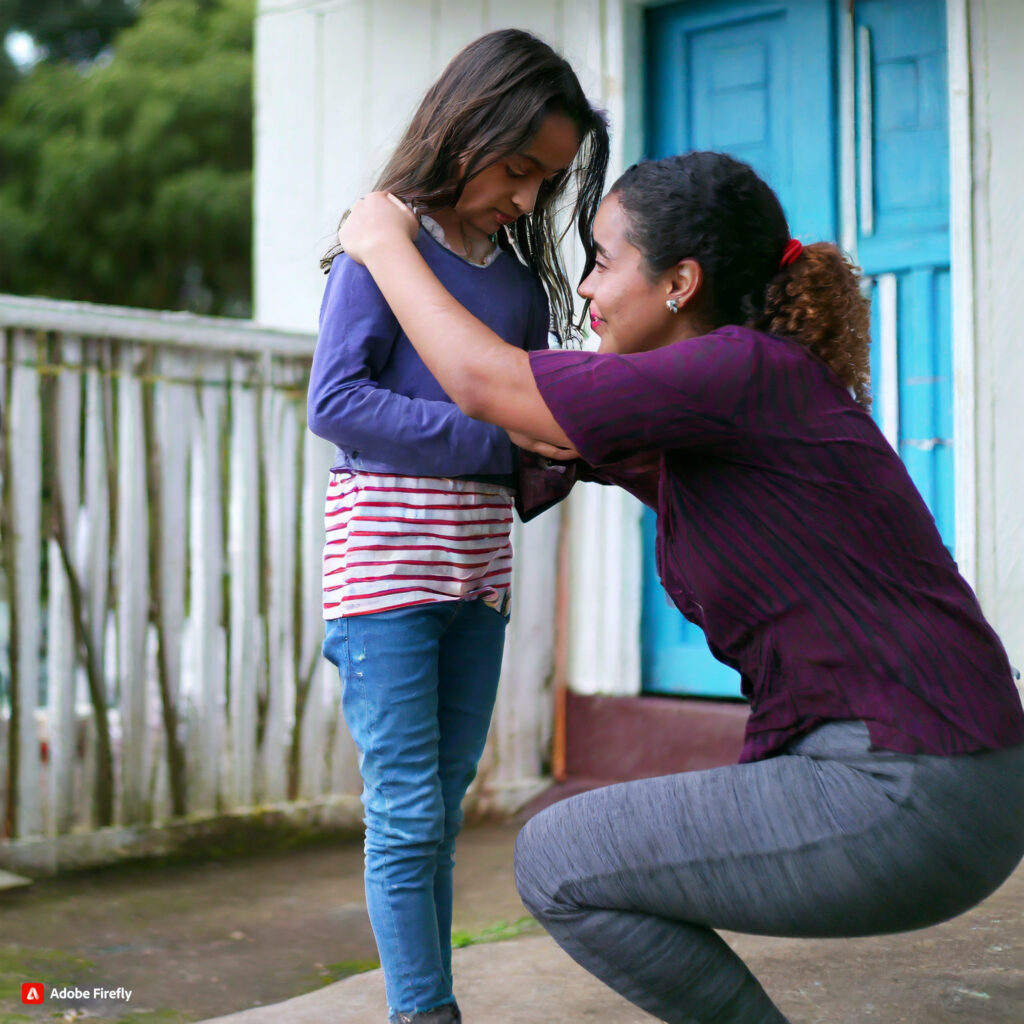
Cynthia Figura, Dyslexia Therapist
Dyslexic children have a high likelihood of developing anxiety. This can be especially true if they are diagnosed later in their elementary years. This condition must be addressed as soon as possible.
Anxiety Symptoms
Trouble Sleeping
For many dyslexic children, anxiety can show up when it’s time to go to bed. They frequently have trouble sleeping at night. This is a common symptom. I encourage you to talk with your child about the possible causes of their sleeplessness and work with them to try out solutions. Once their anxiety is addressed, they will sleep soundly. This takes time, however, and a creative approach at times. Providing a journal by their bed to allow them to write down their worries could be helpful. Practicing visualization techniques is also a great tool. It is important for you child to know that you understand their worries and are there to support them.

Physical ailments
This can be particularly challenging as we parents have to wonder if the ailment is indeed caused by a physical malady or not. If your child complains of a stomach ache when confronted with a challenging task, then chances are, it is anxiety. In my coaching with children, I have found that it is very common for them to develop very real physical pain due to emotional feelings. I recommend purchasing a feelings wheel and talking frequently with your child about their feelings and how they manifest themselves physically. This allows them to take ownership over their emotions and begin to regulate themselves.

Avoidance
Avoidance is extremely common in children with anxiety. Children can be very creative in avoiding tasks they find difficult or uncomfortable. This can look like procrastination, or can be manifested in other ways such as using humor as a deflection. It can be easy to miss the signs that your child is avoiding a particular situation. Be aware of when your child attempts to redirect or change the subject, when they seem reluctant to do something or go somewhere. These can be signs of anxiety. Once you notice, address it with your child when you are both in a neutral, calm time. It is important to have these conversations with your child when they are operating out of their “thinking brain.” Ask your child if they are avoiding ___ because they feel uncomfortable or anxious. Break out that feelings wheel and talk about what they are feeling and why. Once you’ve established the source of the anxiety and named it, you can work together to develop healing strategies.

Being overly clingy or attached
This can be observed in children that frequently will ask you things like, “Do you still love me?” In these children, they tend to stay close to you at all times, even when there’s an opportunity to play with friends or peers. These children need constant reassurance and displays of love. When you notice this in your child, it is important that you validate their feelings. Your next step is to provide your child with the words they need to express their anxiety. Something like, “I can see how you might feel that way because I got angry. Even though I might not like what you did, I will always love you.” For these children, it is especially important to build up their confidence through activities and hobbies they enjoy and are good at.

